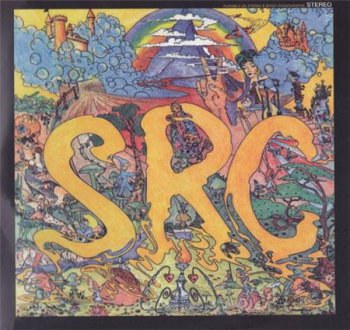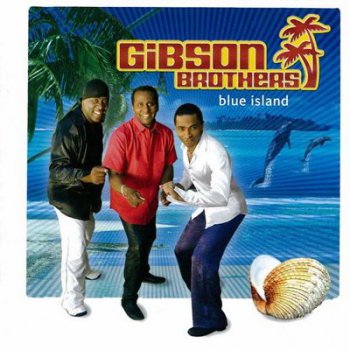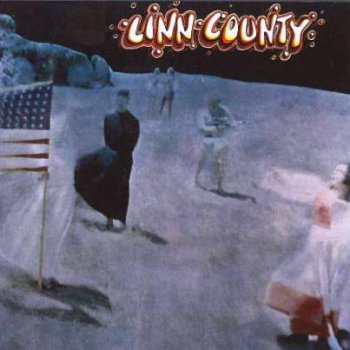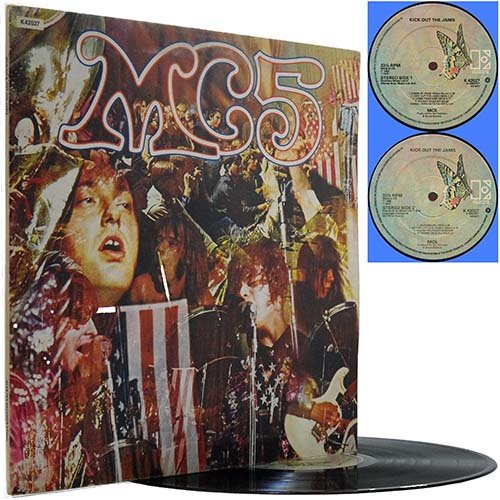Prince And The Revolution: 1984 Purple Rain - 3CD + DVD Set NPG Records 2017
Lossless Galaxy Release Prince And The Revolution: 1984 Purple Rain 3CD + DVD Set NPG Records 2017 Performer: Prince And The Revolution Box Set / Albums: 1984 Purple Rain (3CD + DVD Set NPG Records 2017) Info: NPG Records / Warner Bros. Records Special Deluxe Ultimate Collector's Edition Catalog Box: 547374-2 Catalog Discs: Made in EU (Disc Made In Mexico) Dynamic Range: CDs: 7 / 9 / 10 • BD: 10 Genre / Style: Pop / Rock / Pop Rock / Synth-Pop / Funk Released Year: Jun 23, 2017 Format: CD:
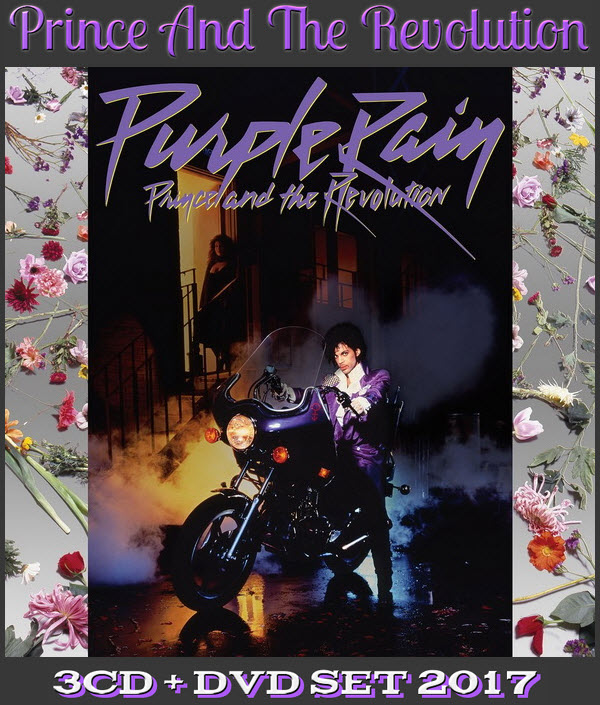
Prince And The Revolution: 1984 Purple Rain - 3CD + DVD Set NPG Records 2017
Lossless Galaxy Release Prince And The Revolution: 1984 Purple Rain 3CD + DVD Set NPG Records 2017 Performer: Prince And The Revolution Box Set / Albums: 1984 Purple Rain (3CD + DVD Set NPG Records 2017) Info: NPG Records / Warner Bros. Records Special Deluxe Ultimate Collector's Edition Catalog Box: 547374-2 Catalog Discs: Made in EU (Disc Made In Mexico) Dynamic Range: CDs: 7 / 9 / 10 • BD: 10 Genre / Style: Pop / Rock / Pop Rock / Synth-Pop / Funk Released Year: Jun 23, 2017 Format: CD:
19 10, 2025
Wet Wet Wet: 1987 Popped In Souled Out - 5-Disc Box Set Virgin EMI 2017
Lossless Galaxy Release Wet Wet Wet: 1987 Popped In Souled Out 4CD + DVD Box Set Virgin EMI Records 2017 Performer: Wet Wet Wet Box Set / Albums: 1987 Popped In Souled Out (5-Disc Box Set Virgin EMI Records 2017) Info: Virgin EMI Records / Universal Music CD / DVD / 30th Anniversary Deluxe Edition Catalog Box: 5760569 (00602557605693) Catalog Discs: 5760571 (00602557605716) • 5760573 (00602557605730) 5760574 (00602557605747) • 5760575 (00602557605754) 5760576 (00602557605761) Made In Czech
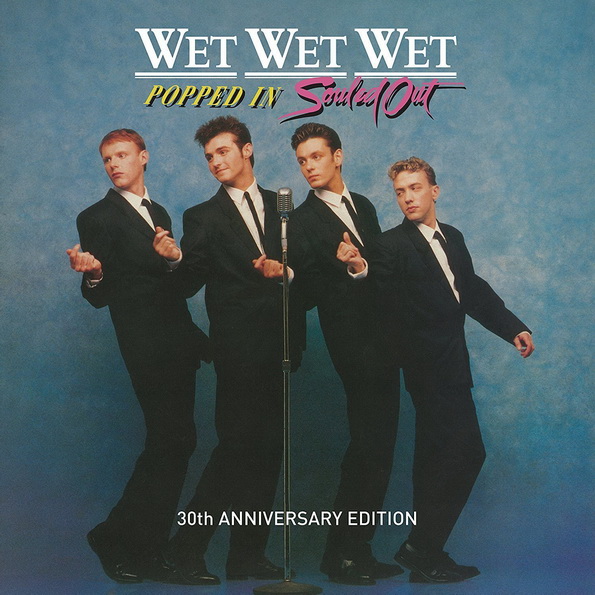
Wet Wet Wet: 1987 Popped In Souled Out - 5-Disc Box Set Virgin EMI 2017
Lossless Galaxy Release Wet Wet Wet: 1987 Popped In Souled Out 4CD + DVD Box Set Virgin EMI Records 2017 Performer: Wet Wet Wet Box Set / Albums: 1987 Popped In Souled Out (5-Disc Box Set Virgin EMI Records 2017) Info: Virgin EMI Records / Universal Music CD / DVD / 30th Anniversary Deluxe Edition Catalog Box: 5760569 (00602557605693) Catalog Discs: 5760571 (00602557605716) • 5760573 (00602557605730) 5760574 (00602557605747) • 5760575 (00602557605754) 5760576 (00602557605761) Made In Czech
18 10, 2025
MAGNUM «Discography» (24 × CD · Japan 1St Press · 1978-2024)
Performer: MAGNUM / ディスコグラフィー Album / collection: «Discography / ディスコグラフィー» Label: (c)(p) 1978-2024 Jet / Polydor / SPV Source: Rip by KoGGaN™ scans by inet… Official DR value: •13•11•12•12•11•13•14• •12•11•12•11•11•9•11•6/8•6•6•6•5/5•5•5•6• Catalog (Barcode): much… Genre / Style: Rock, Melodic Rock, AOR, Pomp Rock Year (info): 1978-2024 (24 × First Press CD, Collection—) Format: WV (image + .cue) Bitrate: lossless Covers: in archive Amount of tracks: 256 Total time: 20:46:11 Size RAR: ~ 11,51

MAGNUM «Discography» (24 × CD · Japan 1St Press · 1978-2024)
Performer: MAGNUM / ディスコグラフィー Album / collection: «Discography / ディスコグラフィー» Label: (c)(p) 1978-2024 Jet / Polydor / SPV Source: Rip by KoGGaN™ scans by inet… Official DR value: •13•11•12•12•11•13•14• •12•11•12•11•11•9•11•6/8•6•6•6•5/5•5•5•6• Catalog (Barcode): much… Genre / Style: Rock, Melodic Rock, AOR, Pomp Rock Year (info): 1978-2024 (24 × First Press CD, Collection—) Format: WV (image + .cue) Bitrate: lossless Covers: in archive Amount of tracks: 256 Total time: 20:46:11 Size RAR: ~ 11,51
17 10, 2025
Жанры
Lossless Galaxy Release
Русская музыка
--Поп
--Рок
--Панк
--Альтернатива
--Металл
--Рэп, Хип-Хоп, R'n'B
--Джаз и Блюз
--Фолк
--Шансон, Авторская песня
--СССР
Зарубежная музыка
--Pop
--Rock
--Hard Rock
--Progressive & Art-Rock
--Pop-Rock & Soft Rock
--Instrumental Rock
--Heavy, Traditional, Industrial Metal
--Power, Gothic, Sympho Metal
--Thrash, Speed, Groove, Modern Metal
--Death, Melodic Death, Doom, Dark Metal
--Black, Pagan, Folk, Viking Metal
--Alternative
--Punk
--Disco, Eurodance
--Rap, Hip Hop, R'n'B
--Reggae, Ska, Dub
--Jazz, Blues, Soul
--Folk, Country, Ethnic
--Electronic, Ambient, New Wave
--House, Techno, Trance
Другие жанры
--New Age, Relax, Meditative & Flamenco
--Chillout, Lounge, Downtempo, Trip-Hop
--Drum & Bass, Jungle, Breakbeat, IDM
--Classical / Классическая музыка
--Soundtrack
--Музыкальные сказки
Vinyl Rip
HI-Res / DVD-Audio / DTS
--SACD
--DSD
--DVD-Audio
Сборники Lossless-Galaxy
Альбомы 2022
Альбомы 2023
Альбомы 2024
Теги
1st Press 2022 2023 2024 2025 70... AOR Black Metal Blues Blues Rock Bootleg Series Classic Rock Death Metal Discography Exclusive for Lossless-Galaxy Folk Rock Fusion Hard Rock Heavy Metal Hi-Res Japanese Edition Jazz Jazz Rock lossless Melodic Death Metal Melodic Rock Modern Electric Blues Pop Pop Rock Power Metal Prog Rock Progressive Metal Progressive Rock Psych Rock Psychedelic Rock Rock SACD Symphonic Metal Thrash Metal Дискографии от KoGGaN
Архивы
Опрос
В каком формате хотели бы видеть релизы на сайте ?
 Автор: LeddZepp, 19 марта 2023, Комментариев: 0, Просмотров: 379
Автор: LeddZepp, 19 марта 2023, Комментариев: 0, Просмотров: 379SRC - SRC (1968)
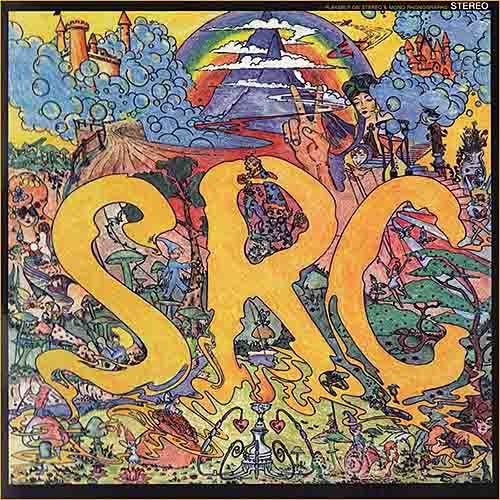
Year: November 1968 (CD 2010)
Label: MicroWerks Records (U.S.), MW 066
Style: Psychedelic Rock
Country: Ann Arbor, Detroit, U.S.
Time: 39:38
Format: Flac Tracks 16/44,1 kHz
Size: 280 Mb
SRC являются одной из малоизвестных рок- групп, которые появи¬лись в Детройте в конце бо-х. SRC (сокращение от Scot Richard Case или Scott Richardson Consort) - группа из городка Ann Arbor, появившаяся в середине 60-х годов во времена рассвета детройтского рока.Организатором Тhe Ravins, а чуть позже Тhe Fugitives был гитарист Стив Лайманн, группа даже прошла прослушивание на Motown Records. Но настоящая работа началась, когда группой заинтересовался Hugh "Jeep" Holland, менеджер, который имел отношение к MC5, Bob Seger, The Rationals, Amboy Dukes и Thyme. Холланд считал, что группе необходим хороший фронтмен и пригласил на эту роль Скотта Ричардсона из Тhe Chosen Few. Сменив название на SRC, группа выпустила свой первый сингл, с восторгом принятый фанами. Большинство парней из SRC были студентами Eastern Michigan University и сильно рисковали попасть на военную службу во Вьетнам, после того, как они решили бросить университет, чтобы посвятить себя музыке. На первом альбоме группы, выпущенном лейблом Холланда A-Square Records ощущается сильное влияние Procol Harum. Сингл Black Sheep / Morning Mood с этого альбома получил высокую оценку от фанов и газетчиков. Популярность группы росла и расставшись с Холландом парни перебрались в Детройт, где выступали на концертах вместе с Jimi Hendrix, Traffic, The Who, The Rolling Stones, Janis Joplin, The Mama's and the Papa's и другими артистами. Сегодня они не в таком почете, как МС5 или The Stooges, но в качестве музыки, которую они создали, поводов сомневаться нет. Названные в честь вокалиста
Скотта Ричардсона, SRC (The Scott Richard Case) записали три альбома для Capitol — этот был первым. В отличие от вышеупомянутых групп, рок-н-ролл SRC был менее энергичным и более темным, задумчивым, психоделичным, с налетом обреченности и элементами раннего грога. Black Sheep звучит, как гибрид Blue Cheer и The Doors, с похоронным органным маршем. При первом прослушивании очень сильно дистор-шированные гитары звучат, как жесткий шорох виниловой пластинки. За этой песней следует один из выдающихся моментов этого альбома, Daystar, имеющий более приподнятую атмоферу, и включает в себя панорамный вокал, запоминающиеся мелодии и безостановочный звуковой шум.
В Fxile присутствует думовое настроение и психоделическая послевоенная тема. Тем же путем следует и Marionette, в которой больше клавишных мотивов в духе Doors и Procol Harum. Пускай ничто здесь не приближается по силе воздействия к двум первым песням, это — приятное музыкальное приключение от начала и до конца, с пронизывающими кислотными гитарами Гэри Квакенбуша, которые придают пластинке большую часть ее обаяния.
На гребне успеха SRC приступили к записи второго альбома, который вышел в марте 1969 года. Незадолго до этого группу покинул Робин Дейл, которого заменил Алан Вилмот, а после выхода Milestones ушли Гари Куакенбах и Стив Лайманн. Сам же альбом оказался коммерчески удачным и попал в Billboard top 250. Вместе с новым гитаристом Реем Гудманом группа записала свой третий альбом, в котором отошла от психоделического рока к прогрессиву. Вскоре популярность группы начала уменьшатся, последовали изменения в составе и даже смена названия на Blue Scepte. Однако и новый сингл с кавером Out in the Night группы Pretty Thing провалился, после чего последовал закономерный финал группа распалась.
(blues-in-rock.livejournal.com/455534.html)
01. Black Sheep (04:41)
02. Daystar (04:27)
03. Exile (04:21)
04. Marionette (03:58)
05. Onesimpletask (05:34)
06. Paragon Council (03:57)
07. Refugeve (03:36)
08. Interval (05:11)
09. Black Sheep (Live) (03:49)


При желании можно посмотреть все мои публикации на сайте. Приятного прослушивания. Жмём и смотрим (Click to see all of my posts)!
Внимание! У Вас нет прав для просмотра скрытого текста.
Похожие новости:
Комментарии отсутствуют
Добавить комментарий!
Информация
Посетители, находящиеся в группе Гости, не могут оставлять комментарии к данной публикации.

